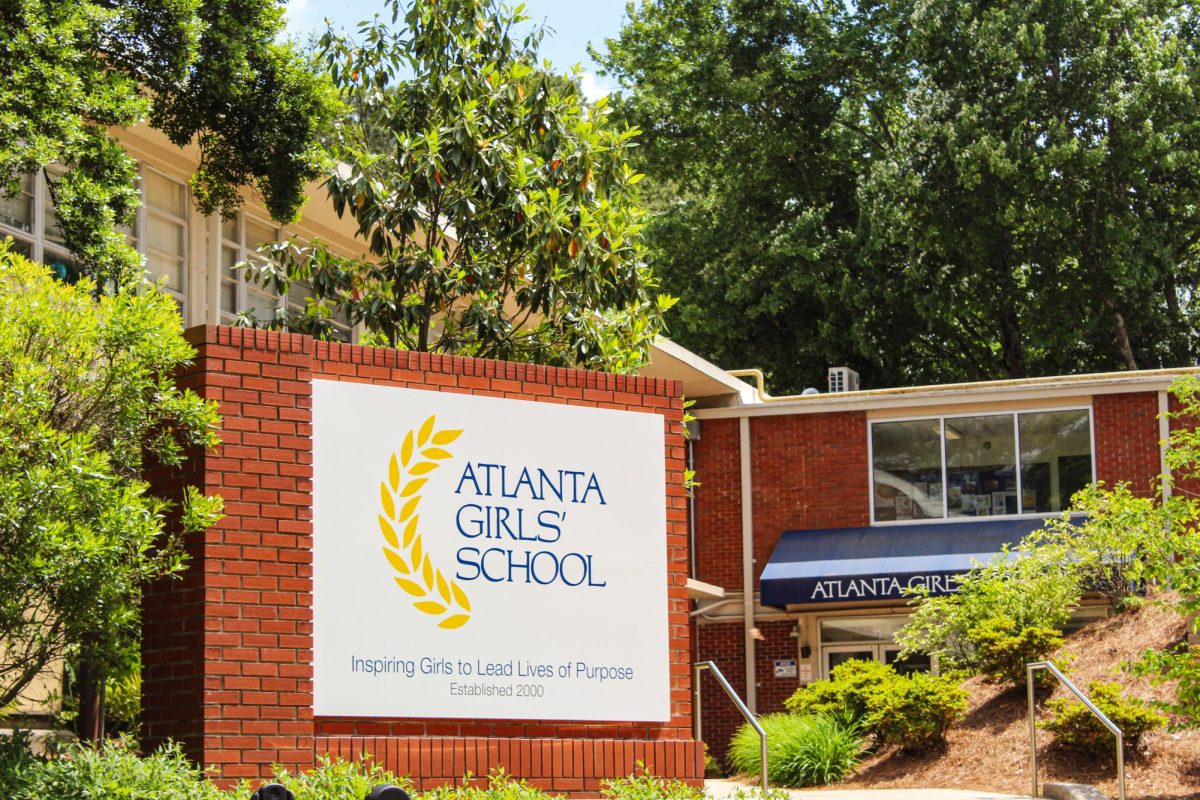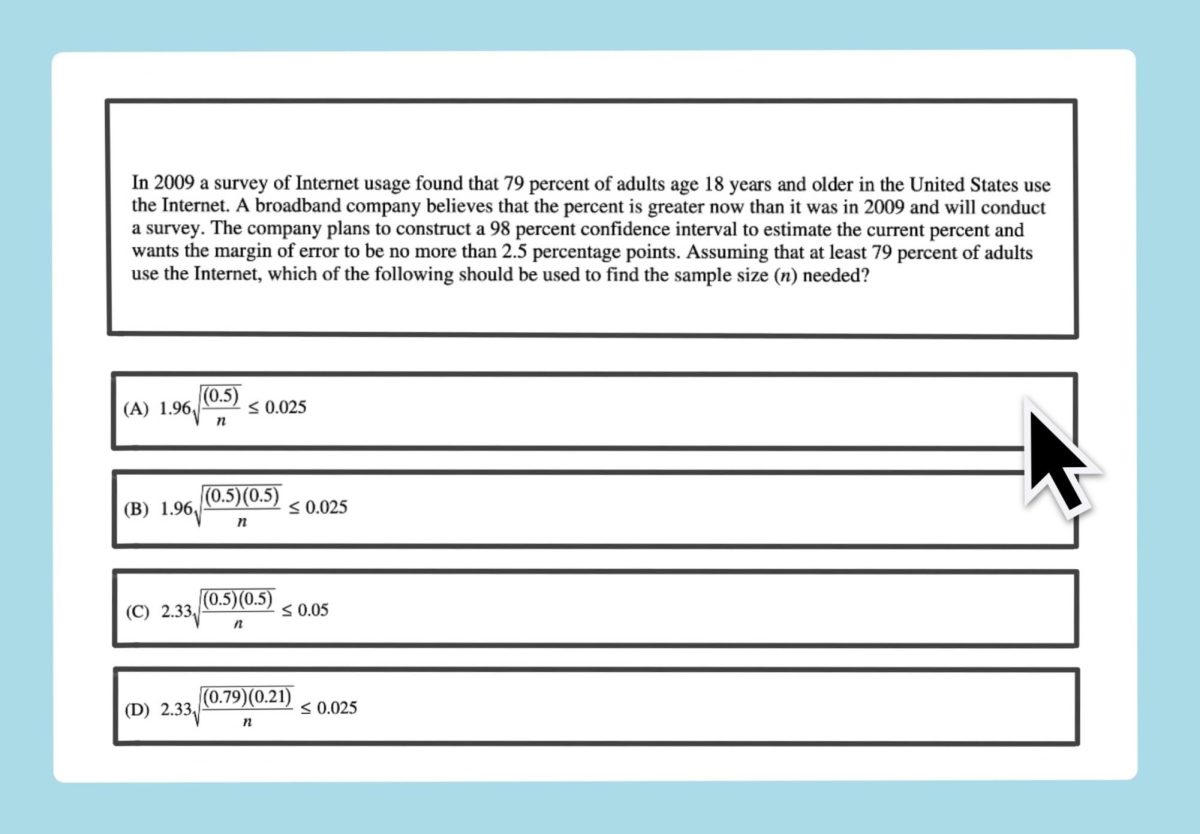After qualifying in the Area 6 competition, Grady’s female unarmed JROTC squad placed second out of the 88 high schools participating in the state competition on March 21.
“It was the best schools in Georgia so I didn’t think we were going to win,” said junior Monique Davis, who is a member of the female JROTC squad. “We haven’t won a state trophy since I [have] been here. I wasn’t expecting to win anything, so because it was the squad I participated in it was really heartwarming. It was exciting, especially knowing all of the hard work we had put in.”
JROTC, the Junior Reserve Officer Training Corps, is a part of the United States Army that teaches high school students in the United States about the military and skills needed to excel in it.
Its mission statement, “To motivate young people to be better citizens,” rings true to many Grady students.
“You start [with] the fundamental basis of how to be a leader,” said senior Crystal Dorta, who serves the JROTC as a training and executive officer. “With JROTC there’s this misconception that it’s about joining the military. We’re trying to engage everybody in active duty, but it’s not like that at all.”
Dorta has experienced many moments which required leadership while participating in the program.
“When you get into your let 3 year [third year] is when you actually start getting chosen to be an officer,” Dorta said. “When you’re an officer…you start taking on responsibilities of running the entire battalion. It helps people take on responsibility.”
Dorta led the successful squad. As an S3, the training and executive officer, Dorta trains all 182 cadets at Grady.
“I make sure that I am in their face at all times telling them ‘This is how you march,’ ‘This is how you do PT,’ ‘If you have any questions come to me,’” Dorta said.
The JROTC drill teams train once a week. They first learn to march individually and eventually progress to doing it in unison. They start marching in tandem by practicing marching in platoons, then the cadets graduate to squads. The female unarmed squad performs a routine with 20 commands during each competition.
“You have to do it in a certain number of steps, so you can’t be marching too fast or too slow,” Dorta said. “There are a lot of hard regulations on you.”
In order to meet such regulations, the team practices intensely.
“We practice all the time, almost everyday,” Davis said. “When we mess up we start all the way over. Crystal ran that squad, so she would yell at us, make sure we got it right, got it perfect. She, everyday, would tell us about our alignment and tell us how to fix the things we were doing wrong.”
After mastering the squad march, cadets begin to handle 15 pound rifles. They learn to move the rifle shoulder to shoulder along with the 15 count manual, an army regulation and the same manual U.S. soldiers present to the president.
Members of the Grady JROTC see benefits of the programs beyond the technicalities.
“I’ve noticed that from my ninth grade year to now I’ve progressed because ROTC has taught me discipline; it’s helped me with my school work,” Davis said. “They always make sure that my school work and core classes come first.”
Grady’s program attempts to reach the individual students.
“[JROTC teachers at Grady] make sure you are not just another number,” Dorta said. “You are actually a face to them. They make sure you get everything you want. They’ve issued me about two different scholarships right now to pay for all my college.”
JROTC programs benefit high school graduation rates across the nation. Statistics suggest that the graduation rate for those participating as a junior reserve officer is 98 percent, compared to the average American graduation rate of 86 percent. Officers work, as Dorta does, to teach other students about the program.
“The student run aspect of JROTC makes it better,” Davis said. “Although we’re students, it teaches the students responsibility and it makes other cadets more likely to want to get involved when they see that we are doing all these things that only teachers get to do, it promotes and motivates cadets.”
Along with training to become a leader, the JROTC program at Grady offers help with scholarship essays, interview skills and applications.
“Overall, I think it is one of the most useful classes because it does teach you very important life skills that math class and English class wouldn’t be able to teach them.” Dorta said.







